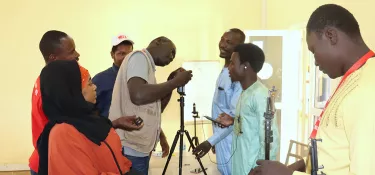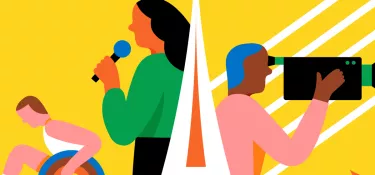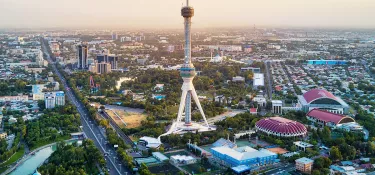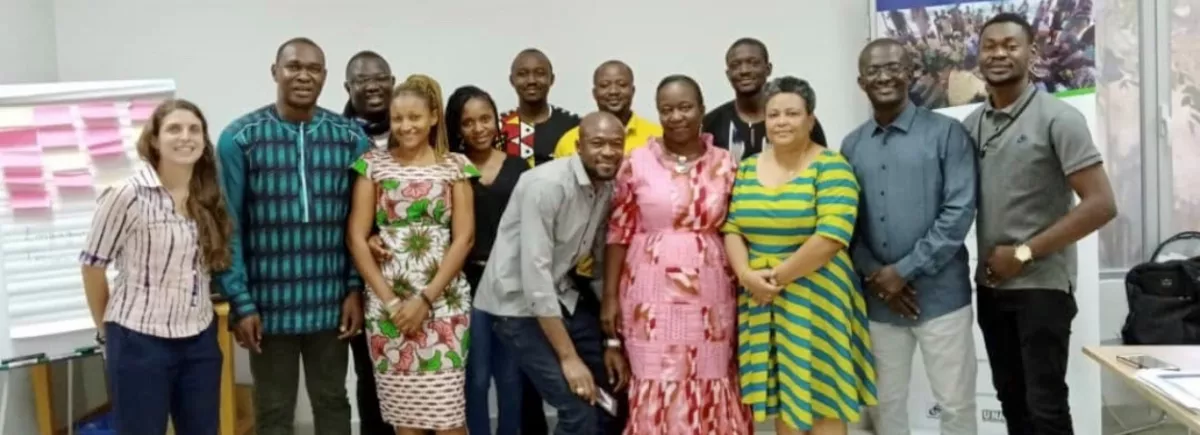
MédiaSahel rolls out a gender action plan and monitoring/assessment mechanism
Related project
MediaSahelThese two new tools will allow gender-related issues to be fully integrated into the project and be managed more effectively from day to day.
MédiaSahel is committed to ensuring that young men and women from the Sahel take part in public debates held in their regions, through the media. With this in mind, a gender action plan has just been devised in a bid to fully integrate gender-related issues into the various stages of the project.

The MédiaSahel team that took part in the gender training session in Ouagadougou
A preliminary study into the development of the gender strategy was conducted between September and December 2019. I'm now much more aware of the sexist stereotypes.The consultants interviewed the project team and partners, and also some of the trainers (both male and female). The recommendations made upon completion of the study advocated a gender equality barometer to be set up, and a pool of female experts able to play key roles in the media in each country to be identified.
They also focused on the recruitment process, the need to develop a training guide on gender-sensitive media and the creation of a Good Practice Guide for gender mainstreaming. This Guide would be an educational tool to be used by all the journalists and partners involved in the project.
Gender-specific training
To implement the various recommendations of the action plan, a workshop was held in Ouagadougou in early February 2020, attended by the regional project team, the production team of the Jeunes Wakat, programme and two trainers. The aim was to allow the participants to become familiar with the action plan, and also to gain a better understanding of the social constructs relating to gender. Thanks to this training, they will be better able to identify the levers on which to engage both individually and collectively, and introduce new ways of thinking, behaving and working together in the various countries targeted by the project.
“The two days we spent discussing the concept of gender made me more sensitive to the issue", explains one of the participants. “I'm now much more aware of the sexist stereotypes I either hear or pass on, and especially of the role I can play in breaking down these prejudices. As someone involved in the MédiaSahel project, I think it's important for me to place even more focus on gender-related issues; if we all do so, the gender action plan will really start to bear fruit."
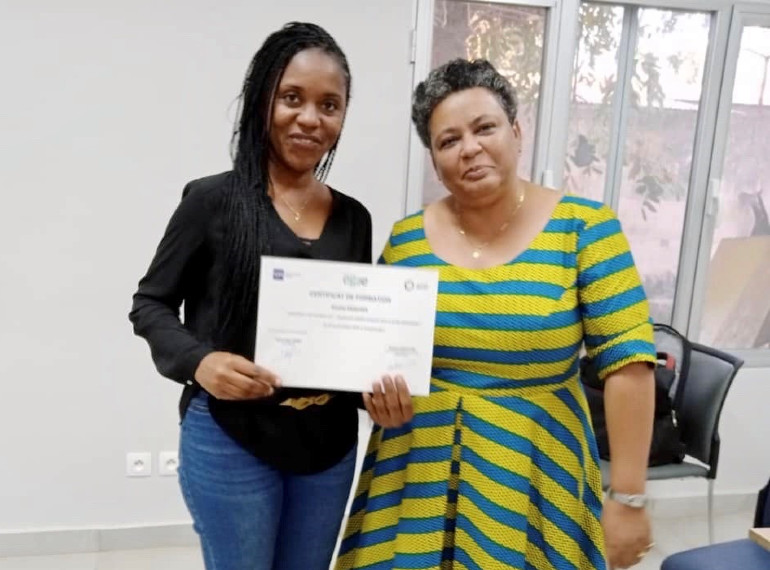
A participant receives her certificate from the trainer
“We are committed, along with the editorial staff, to putting the knowledge we have gained into practice. From now on, we will take greater account of very important gender-related aspects in our journalistic work and analysis".
A journalist from 'Jeunes Wakat'
Monitoring/assessment mechanism
Alongside the implementation of this action plan, a monitoring/assessment mechanism is also being developed. It aims to better steer the project, ensure that it is rolled out in accordance with its indicators, and make the most of good practices.
The study, which began in November 2019, involved interviews being held with the project team and CFI's managers, followed by on-site reviews held in Mali in November 2019 and in Burkina Faso in December 2019.
The next such review is scheduled to take place in Niger in March 2020. The monitoring/assessment mechanism will be finalised and adopted by CFI following the team training session, which will take place in late March.
